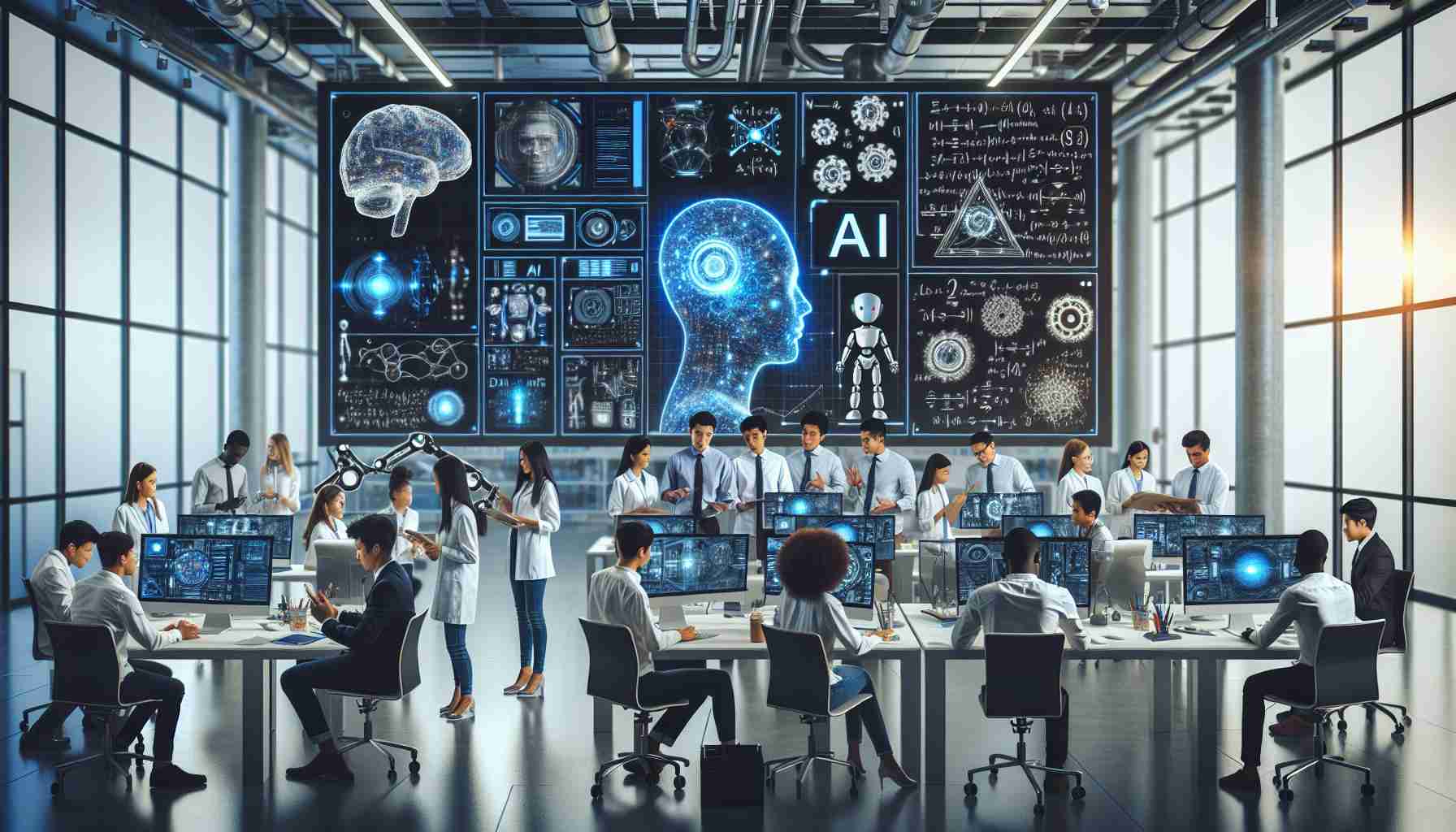Singapore Universities Embrace AI for Creative Learning
Singapore Management University (SMU) senior student Shannon Wong, along with her peers, embraced artificial intelligence (AI) to create a remarkably lifelike video featuring the virtual likeness of Karina, a pop star from the South Korean girl group Aespa. This exercise was part of a course assignment that challenged students to devise marketing videos for real-world business scenarios.
AI Project Impresses Entertainment Industry
Without hiring actual actors, the group generated a striking promotional asset for a South Korean entertainment platform, drawing commendation from industry representatives for the captivating presence and authentic sound produced using AI. The persuasive communication skills and nature-emulating gesture of the AI-rendered Karina in the video were particularly lauded.
Academic AI Use Falls Within Legal Bounds
Associate Professor Saw Cheng Lim, an expert in law at SMU, confirmed that the academic use of AI did not infringe intellectual property regulations since it was a non-commercial classroom activity. Concurrently, Professor Mark Chong, a specialist in media management at SMU, highlighted AI’s role in enhancing student efficiency and productivity, echoing its transformative impact on higher education methodologies.
AI Integration Across Singapore’s Higher Education Landscape
Public universities in Singapore, such as SMU, National University of Singapore (NUS), and Nanyang Technological University (NTU), have rapidly incorporated AI tools to revolutionize teaching approaches and cater to diverse learning needs. At NUS, students acquire AI skills pertinent to their chosen fields, allowing for more individualized and efficient education approaches.
Mindful AI Application Amid Student Concerns
Despite these advances, some students express reservations regarding AI dependency. Yajat Gulati, a Computer Science and Data student from NTU, acknowledged the educational potential of AI but cautioned against its misuse which could promote academic dishonesty. To address such concerns, institutions like NTU adopt a cautious stance toward AI, emphasizing personalized learning and prohibiting AI-aided cheating.
AI as a Tool, Not a Crutch in Education
SMU’s Aviel Lim highlighted that the true essence of university learning lies in personal skill development, which could be undermined by over-reliance on AI, suggesting a balanced integration of AI within the curriculum.
Important Questions and Answers
1. How is AI being utilized in higher education in Singapore?
AI is being integrated into various aspects of higher education in Singapore for tasks such as creating marketing videos for courses, enhancing student efficiency and productivity, and personalizing learning experiences. AI tools are being used to revolutionize teaching methods and cater to the diverse learning needs of students.
2. What are the legal considerations related to the use of AI in academic settings?
The use of AI for academic purposes at institutions like SMU is within legal bounds, as confirmed by experts like Associate Professor Saw Cheng Lim. The activities are considered non-commercial classroom activities and do not infringe intellectual property regulations.
3. What are some student concerns regarding the use of AI in their education?
Students like Yajat Gulati have acknowledged the potential educational benefits of AI but also cautioned against its misuse which could lead to academic dishonesty. Over-reliance on AI is also a concern, as it could undermine personal skill development.
Key Challenges or Controversies
1. Academic Integrity: A major challenge is ensuring that AI is used to enhance learning without promoting cheating or plagiarism. There is a delicate balance between leveraging AI for educational purposes and maintaining strict policies to prevent its misuse.
2. Legal and Ethical Concerns: The creation and use of AI-generated content, such as the lifelike videos of public figures, raise questions about intellectual property rights, privacy, and the ethical implications of AI-generated imagery and sound.
3. Technology Dependency: Concerns about the potential for students to become overly dependent on AI tools rather than developing their own critical thinking and problem-solving skills are also prevalent.
Advantages and Disadvantages
Advantages:
– Personalized learning experiences through AI can address individual student needs, potentially leading to better engagement and understanding.
– AI can enhance creativity and allow students to work on innovative projects that may not have been possible without the technology.
– AI can save time and resources, for instance, by simulating real-world scenarios or creating marketing materials without the need for hiring actors.
Disadvantages:
– An over-reliance on AI may hinder the development of critical thinking and personal skills.
– The potential for AI to be misused to engage in academic dishonesty raises ethical concerns.
– There may be a lack of clarity on the legal implications of using AI-created content, which could lead to future disputes.
For more information on how Singapore is integrating AI into its education system and beyond, visit:
– Singapore Management University
– National University of Singapore
– Nanyang Technological University

